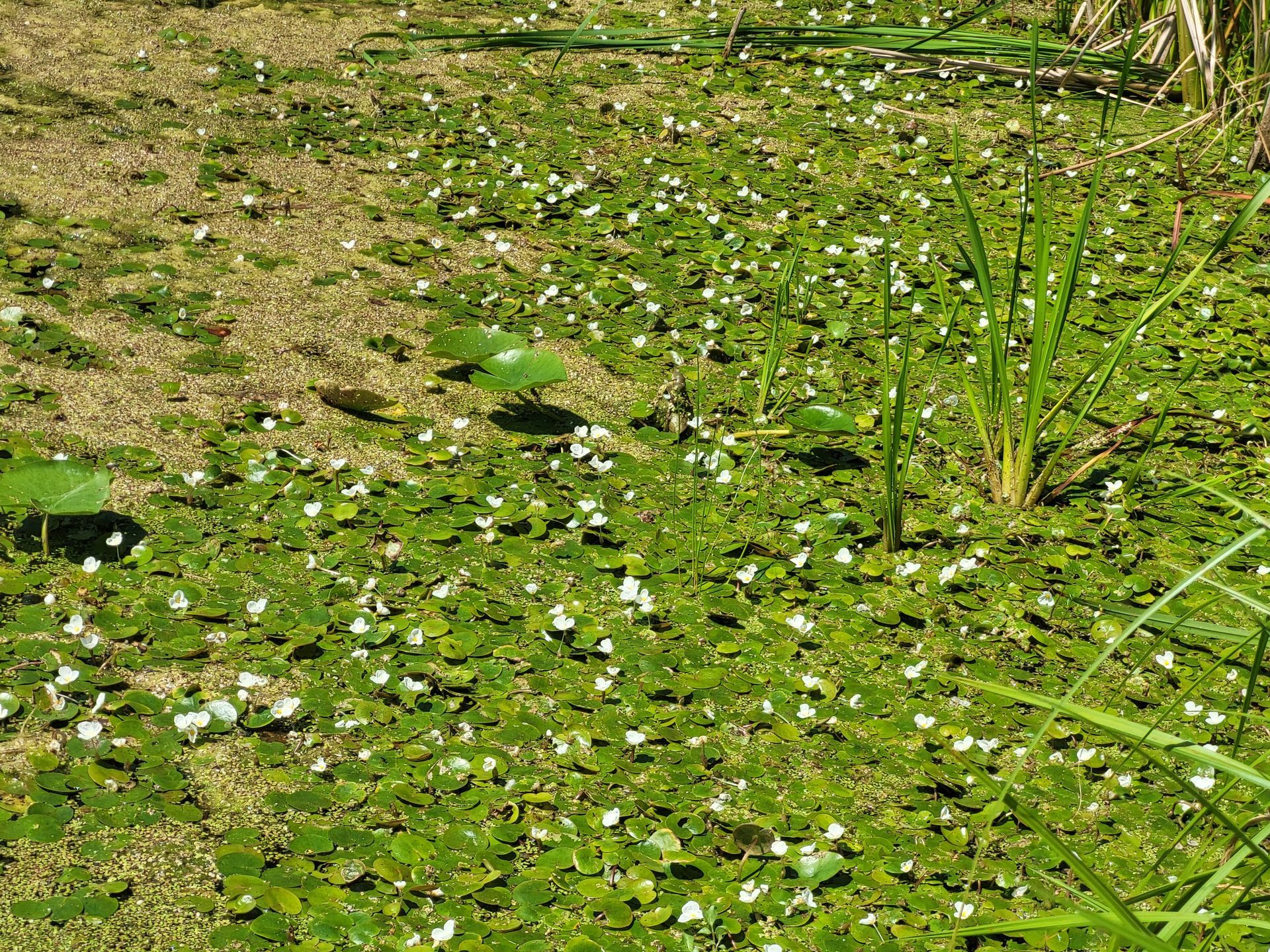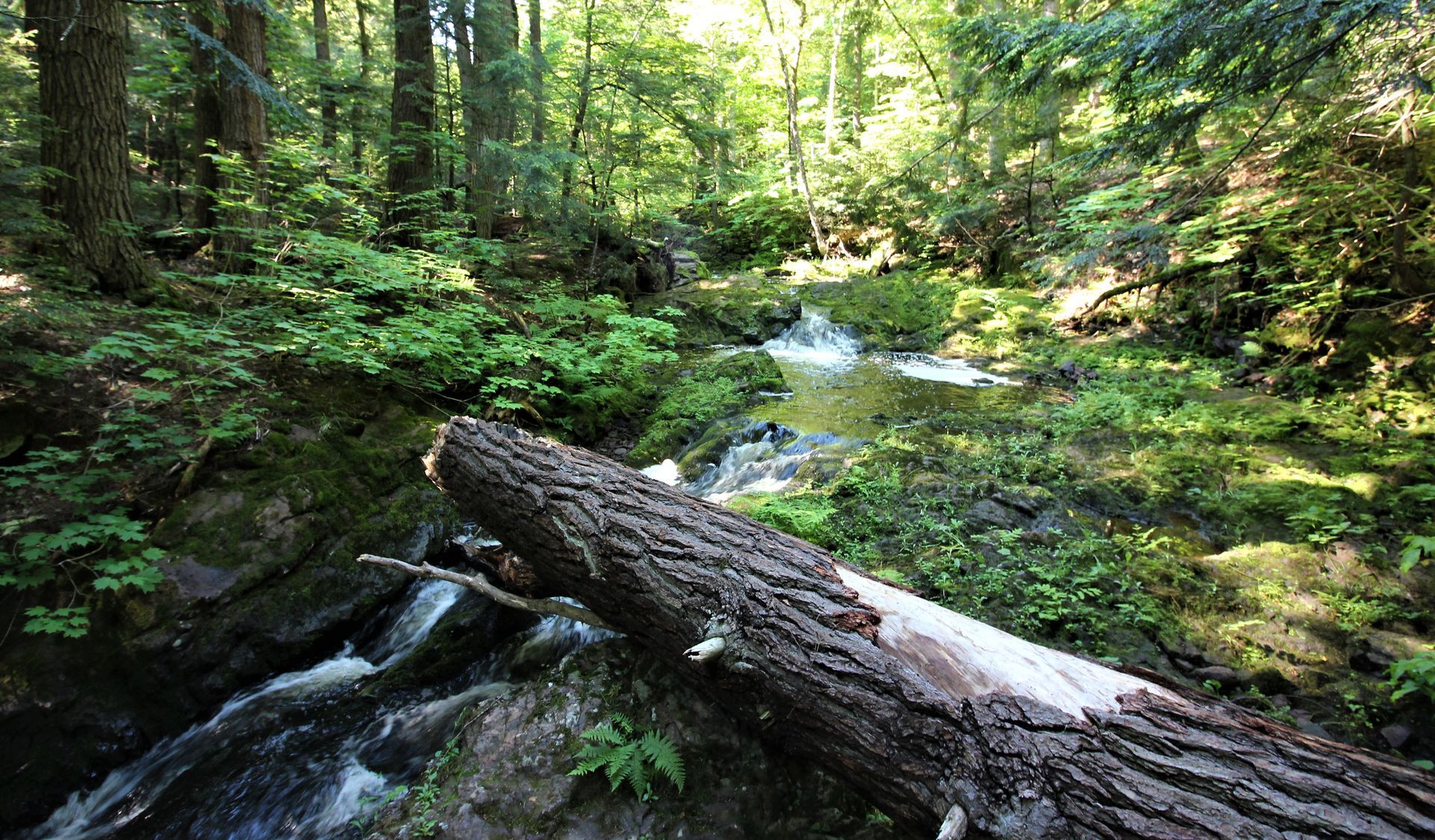Wolf lawsuit claims MUCC does not represent conservationists
A recent lawsuit filed by The 06 Legacy against the Michigan Department of Natural Resources (DNR) makes the brazen claim that Michigan United Conservation Clubs (MUCC) is not a conservation organization.
The lawsuit , filed in Oakland County on March 30, alleges DNR Director Daniel Eichinger skirted statutory requirements when appointing members to the Michigan Wolf Management Advisory Council . The suit was filed by Karol Miller, president of The 06 Legacy, individually and on behalf of the organization, and it claims that the director “eliminated the conservation appointment” by appointing MUCC Executive Director Amy Trotter as the conservation representative.
The suit claims “the most palpable and egregious violation of MCL 324.43540e is the Director’s appointment of Amy Trotter of the Michigan United Conservation Clubs (MUCC) for the conservation seat on the Council.”
The filing goes on to describe MUCC as solely a pro-hunting organization and tries to severely distort what conservation, in the context of wildlife management, means — asserting that hunting is not conservation.
MUCC is recognized by the federal government and Internal Revenue Service as a nonprofit “natural resources conservation organization.” In tandem with the organization’s advocacy efforts, MUCC operates a youth camp seeking to introduce the next generation of conservation stewards to the outdoors and operates its award-winning On the Ground program — a public land stewardship program that has improved more than 3,000 acres of state-owned lands and connects conservationists to public land near them through hands-on habitat projects.
The suit incorrectly and falsely recognizes MUCC as being an umbrella organization for 28 clubs. MUCC represents more than 200 conservation clubs throughout the state, including youth fishing, recreational shooting, habitat enhancement and 28 statewide clubs.
The suit states: “In fact, the [MUCC] has twenty-eight affiliate clubs, all of which are hunting clubs.”
All of MUCC’s 200-plus affiliate clubs are not “hunting clubs;” however, all of MUCC’s affiliates are conservation clubs.
Trotter said this is a flagrant attempt to try and shift the narrative surrounding what conservation means, and it’s an attack hunters can expect more of as the wolf management debate continues.
“Wildlife managers, fish and wildlife agencies and conservation NGOs have operated under the tenets of the North American Model of Wildlife Conservation for almost a century,” Trotter said. “In an effort to shift the narrative around what conservation is and the integral part hunters play in the conservation arena, anti-hunting organizations have tried to conflate terms, use emotional rhetoric and hijack the word conservation.”
Simply put, the wise management of our natural resources through tools like hunting, fishing and trapping are the epitome of conservation. To receive a 25 percent discount on your membership and become a part of Michigan’s conservation legacy, join MUCC today by clicking here and use the code WOLF.
The North American Model of Wildlife Conservation
The North American Model of Wildlife Conservation is recognized internationally as one of the world’s foremost frameworks for conserving and managing wildlife – with hunters and anglers bearing the majority of the cost. The Model is hallmarked by the use of sound science in setting policy regarding wildlife management, and it is often credited with saving some of North America’s most iconic species from the brink of extinction.
The Model was operationalized through policies like the Pittman-Robertson Federal Aid in Wildlife Restoration Act, which contributes more than $1.1 billion into conservation programming annually. These funds, generated through excise taxes on firearms, ammunition and archery equipment, are then matched by the sale of hunting and fishing licenses.
The vast majority of the DNR’s revenue for all wildlife conservation – impacting species like white-tailed deer and wood ducks to Karner blue butterflies and gray wolves – is generated through these funding mechanisms.
Michigan hunters directly contribute more than $40 million annually through license sales, which is leveraged with federal and non-profit funding from a variety of hunter-led organizations, to manage and improve wildlife habitats benefitting all species – game and nongame. In fiscal year 2017, the non-hunter-generated, nongame-related revenues totaled about $285,000 – a drop in the bucket compared to hunter-generated conservation revenues.
In line with the tenets of the Model, Michigan has convened a wolf management advisory council to examine the best available science on the matter and to assist with updating the state’s wolf management plan.
Preservation is not Conservation
Preservation is often conflated with conservation, but the two theories related to wildlife management are very different. Preservation, in the context of our natural resources, generally seeks to protect natural resources from use. On the contrary, conservation seeks to use sound scientific principles to manage our natural resources through interaction with them.
While MUCC works with many organizations that promote preservation, the organization was founded on the principles of conservation — the wise use of our natural resources and the realization that hunters and anglers are an integral part of conserving wildlife and our natural resources. Equally important, hunters and anglers are the No. 1 funder of conservation efforts in Michigan.
In the lawsuit, The 06 Legacy names the Sierra Club as a group that, in their opinion, would better serve the “conservation” appointment to the council.
In the application for the council submitted by a representative for the Sierra Club, the individual claims, “We are not an animal rights or animal welfare organization. We neither actively promote nor oppose hunting.”
However, Sierra Club, in partnership with known anti-hunting organizations such as the Humane Society of the United States, the Center for Biological Diversity and Defenders of Wildlife, filed a lawsuit challenging the wolf delisting at the federal level in January.
Contrary to the Sierra Club representative’s statement, the federal lawsuit states: “Plaintiffs and their members also value individual wolves and wolf packs and are harmed by the hunting and trapping seasons that will take place in the Midwest states.”
The suit goes on to make multiple references to hunting and the perceived negative impact it will have on wolf populations.
Fighting these attacks from anti-hunting organizations will likely become more commonplace as the wolf management debate develops, Trotter said.
“We need conservationists to stand united in fighting against this attack on our way of life,” Trotter said. “Show up to meetings, join a conservation organization like MUCC or our affiliates and make your voice as a conservationist be heard.”
To receive a 25 percent discount on your MUCC membership and become a part of Michigan’s conservation legacy, join the organization today by clicking here and use the code WOLF.
The post Wolf lawsuit claims MUCC does not represent conservationists appeared first on Michigan United Conservation Clubs.
Recent Posts



